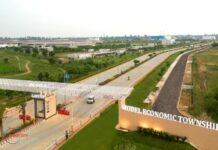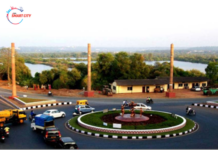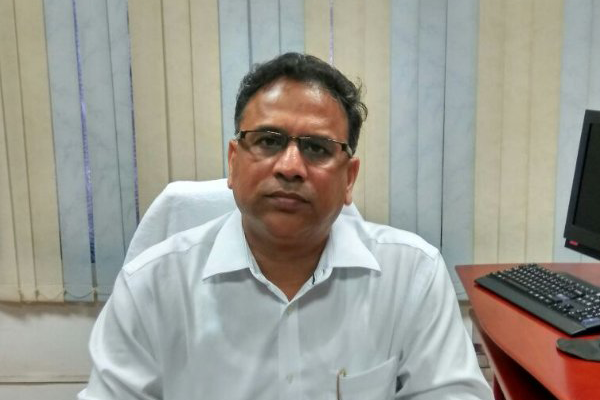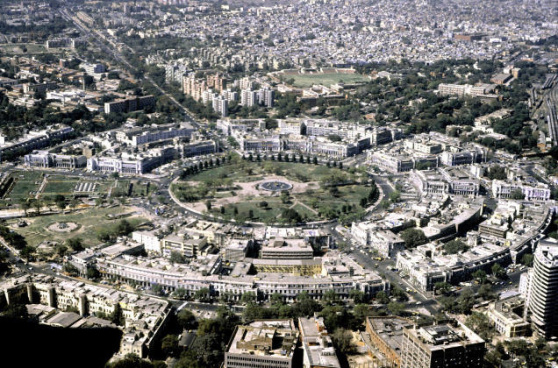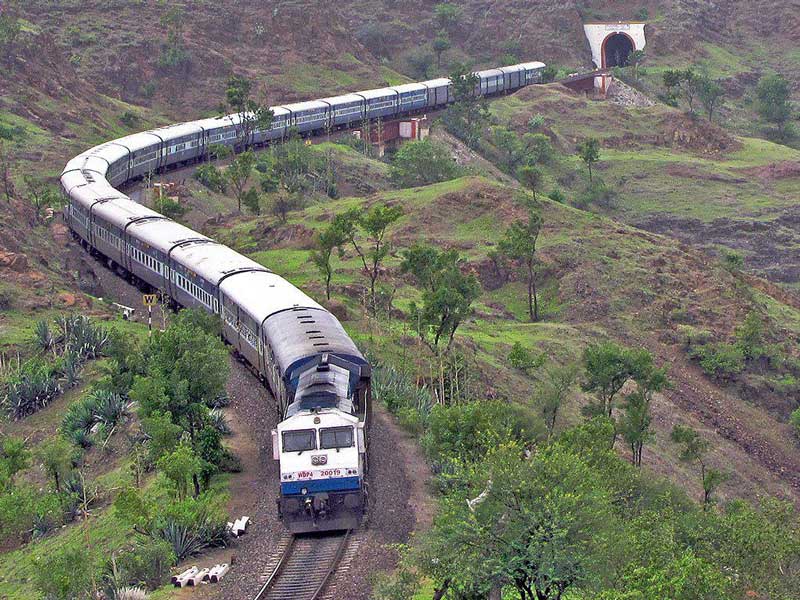
With the aim of eliminating congestion at ports that for long has delayed coal deliveries to Indian power plants, India is aiming for $ 1 billion investment from private players by 2017 to build rail lines linking ports and national networks. This investment would help fund Indian railways to provide crucial ‘last mile’ links to ports.
Prime Minister Narendra Modi wants private companies, who do not participate in investing in freight lines due to difficulty in winning the necessary approvals, to invest and build more of the last mile links to eliminate coal imports delays that result to power supply crisis.
Private investment would more than double the $400 million that India’s state-owned railways have attracted in the decade. Cash-starved, India’s British-built rail system has added just 11,000 kilometres of track in the 67 years since independence, and the network has come to symbolise the poor state of India’s infrastructure. China has managed 14,000 km of new lines in the five years to 2011.
Mukul Saran Mathur, an Executive Director at the Ministry of Railways, stated that companies will now be allowed to part-own new rail lines for variable periods of time rather than a fixed number of years. He added that the government had given approval to domestic infrastructure companies such as Navayuga and Balaji Infra to build up to 316 km of lines within two years.
The ministry also wants foreign operators which own stakes in Indian ports, like Denmark’s Maersk, to invest but till now no one has come up.
The government estimates port operators will spend $8 billion over the next two years to expand capacity to meet rising imports. However, rapid expansion worries port operators, as they feel that government’s proposed $1 billion worth of last mile railway links may not be effective on the wider network.
On a critical line between the eastern coast and the capital Delhi, demand exceeds capacity on four of every 10 kilometres. That forces cargo onto clogged roads and raises transport losses, which consultancy McKinsey says could cost India $140 billion in 2020.
Essar Ports, a large port operator, wants to build new rail lines to help meet an expected doubling of its cargo handling capacity to 200 million tons in the next few years. But as per Essar Ports CEO Rajiv Agarwal, the state-owned railways are failing to provide sufficient wagons to service the extra cargo.
According to experts, most Indian ports only have access to two-thirds of the wagons they need, and the shortage is one reason why ships have to wait for two days more to get berthed and unload than the international average.


